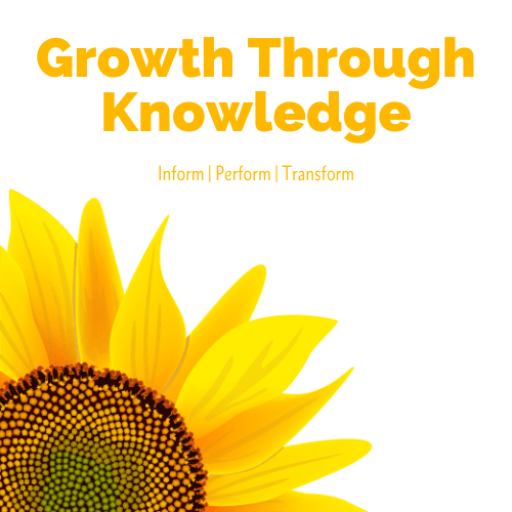Over the past 8 weeks I’ve been taking this short course offered by The London School of Economics and Political Science (LSE), focused on Data Analysis for Management and designed for busy professionals.
The course is delivered via an online campus – in partnership with GetSmarter – and led by Dr James Abdey, Assistant Professorial Lecturer in Statistics at LSE.
Modules were released on a weekly basis to be completed in my own time and at my own pace, with a suggested commitment of 7-10 hours each week.
Despite over 15 years experience as a business data analyst, would I be out of my depth?
As someone who didn’t particularly excel at mathematics during my school career, I did approach the course with some trepidation based on the content of the modules as listed below;
- Decision-making under uncertainty
- Data visualisation and descriptive statistics
- Quantifying risk through probability
- Data integrity and statistical inference
- Evidence-based decisions
- Understanding the causes of things
- Time series forecasting
- Delivering insights through storytelling
In fact, many of the course notes are extracts from others taught by Dr Abdey at LSE, augmented by links to business-focused materials sourced from across the web. I probably would have found studying using these alone a bit tough, but with “explainer” video content recorded by Dr Abdey (2 or 3 in each module), plus practice quizzes to measure my understanding and the student discussion forums, overall I found it just the right side of challenging.
So did it live up to my expectations?
At £1,900 plus VAT, I did spend a considerable amount of time thinking about what I hoped to achieve before signing up.
I was most attracted by the learning outcomes as advertised, along with a student licence for Tableau for the duration of the course;
Gain data analysis skills that you can directly apply in your role and organisation, and develop an understanding of how data-driven models can improve your ability to make smarter, more impactful decisions in a fast-paced and uncertain world
Learn to assess the reliability of data, extract strategic business insights, and use modelling to predict future trends
Develop data visualisation skills with which to communicate your findings to all stakeholders
Complete a capstone project to demonstrate your ability to apply your learning and leverage data for insights to inform business strategy and gain a competitive advantage
However, of the outcomes listed above I feel only 3 of them were covered to my satisfaction.
I certainly believe I now know much more about the different statistical techniques and how they can be applied in a business context. I also now know how to use many of the Microsoft Excel Analysis Toolpak add-in functions more confidently. I achieved 100% on 7 of the 8 modules.
The capstone project was a disappointment. After weeks spent re-enforcing how data analysis should be framed by a business problem or opportunity, the project itself provided no such context.
We were asked to produce visualisations and dashboards in Tableau using a dataset provided in Excel, and to tell the story of our findings – but without any context, I didn’t know what insights I was looking for. I wasn’t motivated to spend hours applying all the different statistical techniques to see what I might come up with; I needed to know what decisions the business was looking to make based on the problem or opportunity that had emerged.
Opinions differed in the student discussion forum. Most who responded to my questioning post about the lack of context felt this was more indicative of the real-world situations they faced.
Perhaps it is. However, this is not the world I find myself in.
The decisions that the senior leaders I interact with need to make are usually much more strategic; which investments will bring them the most benefit by solving a particular need within their business, or allow them to exploit an opportunity within the market they operate in.
The prioritisation and sequencing of work, interdependencies, capacity planning, risk, and cost/benefit forecasts are the key performance indicators I analyse daily to derive actionable insights to form the basis of my recommendations to those senior leaders. Statistical techniques barely feature unless some specific product sales forecasting is needed – which arguably can be influenced by a range of factors including consumer sentiment, which didn’t feature in this course.
In conclusion, I would like to see the course evolve with input from the business community on how to improve the data analysis for management they receive.

